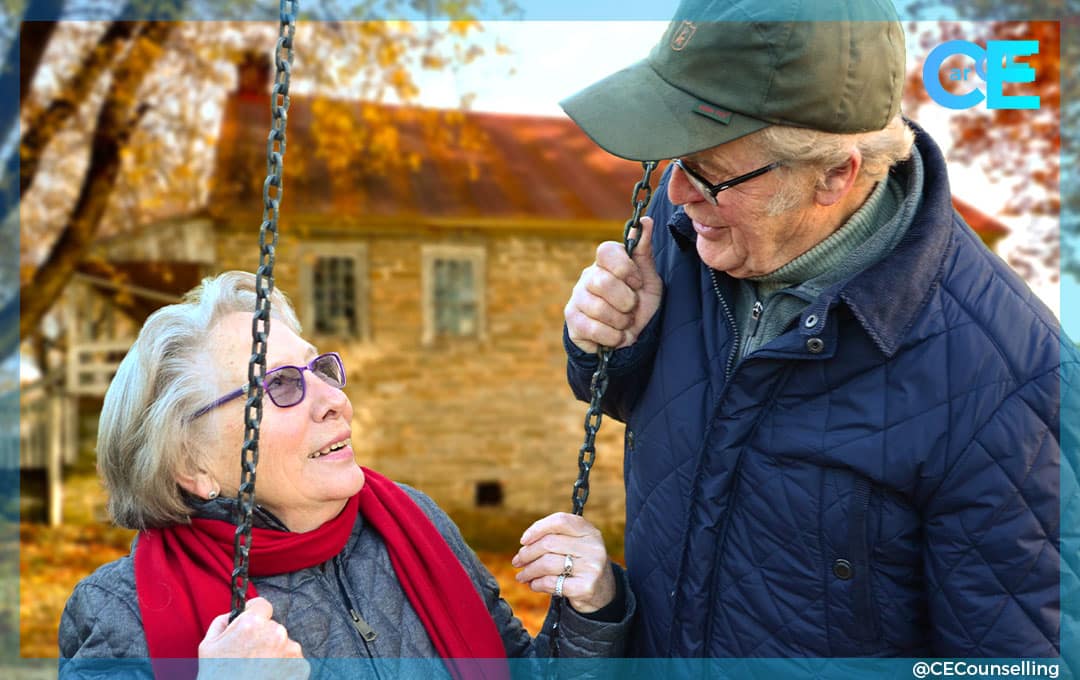Guilt and Dementia – How to Manage Guilty Feelings as a Carer
Caring for someone with dementia can be a challenging and emotionally complex experience. Guilt is a common emotion that caregivers may feel due to many different of reasons for example:
- not being able to provide enough care,
- making difficult decisions,
- or feeling frustrated when dealing with the unpredictable behaviours of someone with dementia.
Here are some strategies to help manage guilty feelings as a caregiver:
- Education: Understanding the nature of dementia and its progression can help you realise that some situations are beyond your control. Learning about the disease can provide you with insights into why certain behaviours or situations occur.
- Accept Imperfections: Recognise that nobody is a perfect caregiver. Mistakes and limitations are a natural part of the caregiving journey. Be kind to yourself and acknowledge that you’re doing the best you can.
- Set Realistic Expectations: Understand that dementia brings about changes in behaviour and cognition that are not the fault of the person with dementia or of the caregiver. Set realistic expectations for yourself and the person you’re caring for.
- Seek Support: Connect with support groups, therapists, or counsellors who specialise in dementia caregiving. Talking to others who are going through similar experiences can provide validation and reduce feelings of isolation.
- Practice Self-Care: Caring for yourself is essential. Make time for activities you enjoy, practice relaxation techniques, exercise regularly, and maintain a healthy diet. When you take care of your own well-being, you’ll be better equipped to handle the challenges of caregiving.
- Focus on Quality, Not Quantity: It’s not about the amount of time you spend caregiving, but the quality of the time you spend together. Focus on creating meaningful moments and connections, even if they are brief.
- Delegate and Accept Help: You don’t have to do everything on your own. Delegate tasks to other family members, friends, or hired caregivers. Accept help when it’s offered, and don’t be afraid to ask for assistance.
- Make Informed Decisions: Dementia caregiving often involves making tough decisions, such as moving the person to a care facility. Remember that these decisions are made with the person’s best interests in mind and are not indicative of a lack of care.
- Practice Mindfulness: Mindfulness techniques can help you stay present in the moment and reduce anxiety about the past or future. They can also help you manage feelings of guilt and uncertainty.
- Celebrate Small Victories: Acknowledge and celebrate the small achievements and positive moments in your caregiving journey. These can help counterbalance the challenges you face.
- Journaling: Writing down your thoughts and feelings can be therapeutic. It provides a way to express your emotions and gain clarity on your thoughts.
- Professional Help: If feelings of guilt are becoming overwhelming and affecting your well-being, consider seeking professional therapy. A therapist can provide you with coping strategies tailored to your situation.
Support and Useful Links:
Remember that feelings of guilt are normal but can be managed with the right strategies and support. Taking care of your emotional well-being is crucial for being an effective and compassionate caregiver.
For links to local and national support please visit my Alzheimer’s and Dementia page. The links can be found at the bottom of the page.
For individual counselling I am here for you. Contact me to book an initial session and I will support you.
Written by your local counsellor in Fleet, Caroline at Caroline Ellison Counselling – this is my experience and these are my opinions. Carpe Diem.

